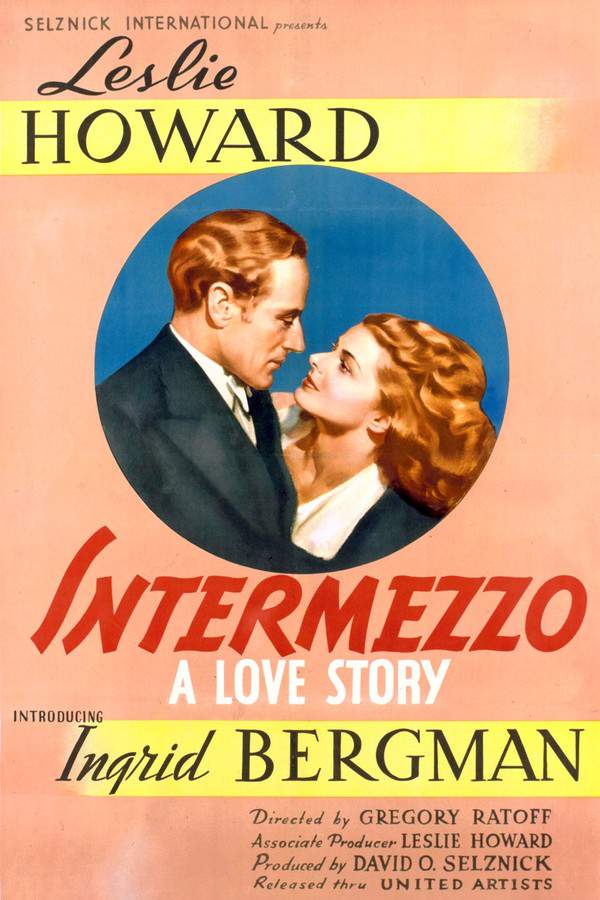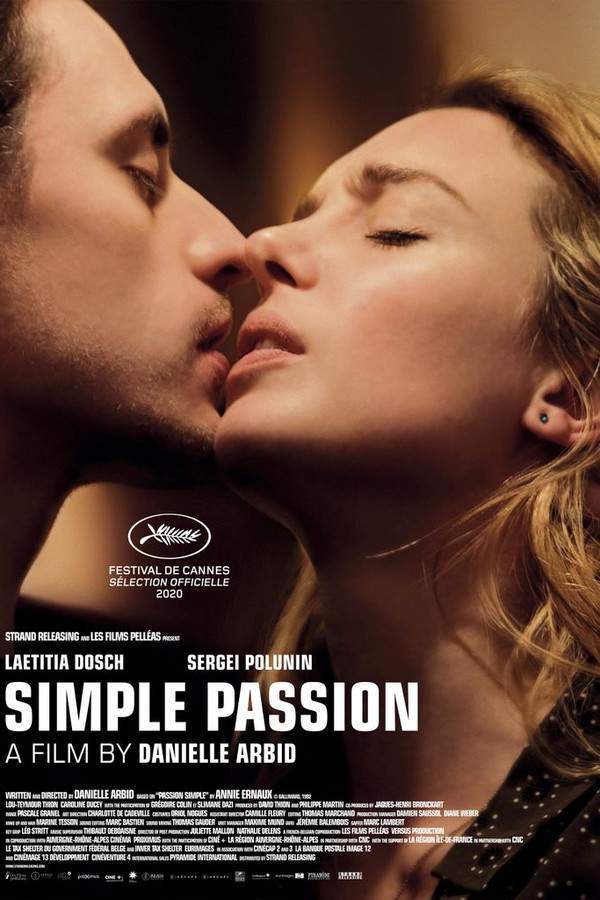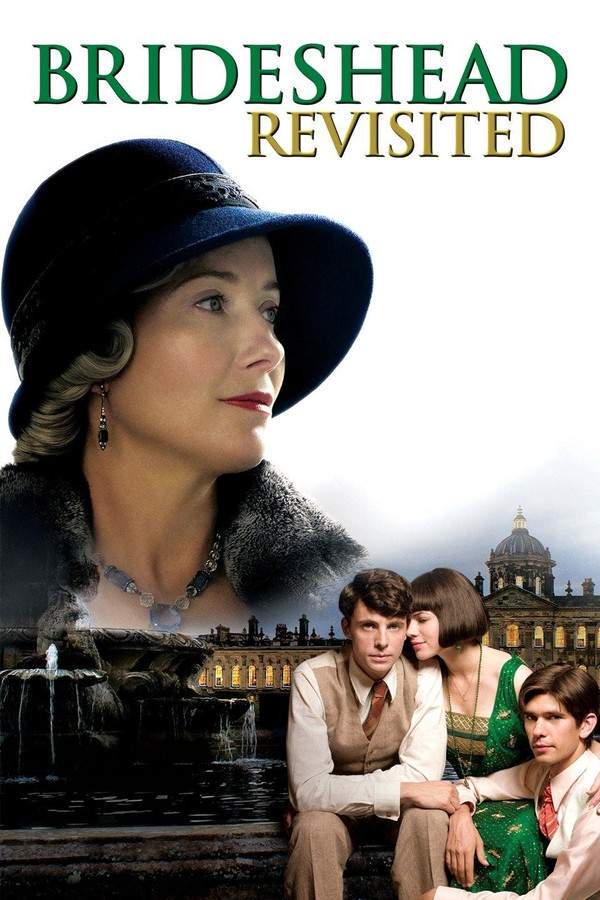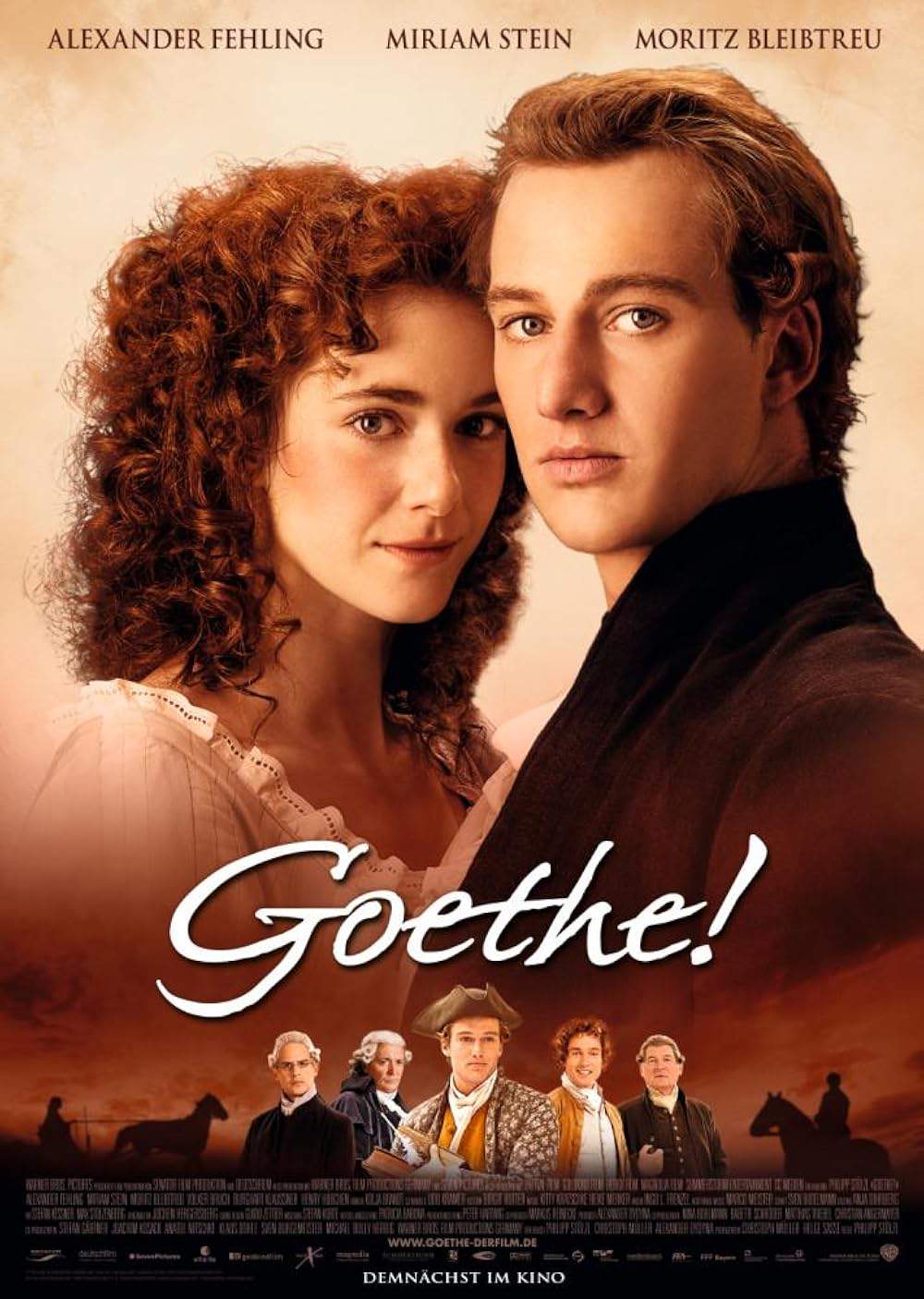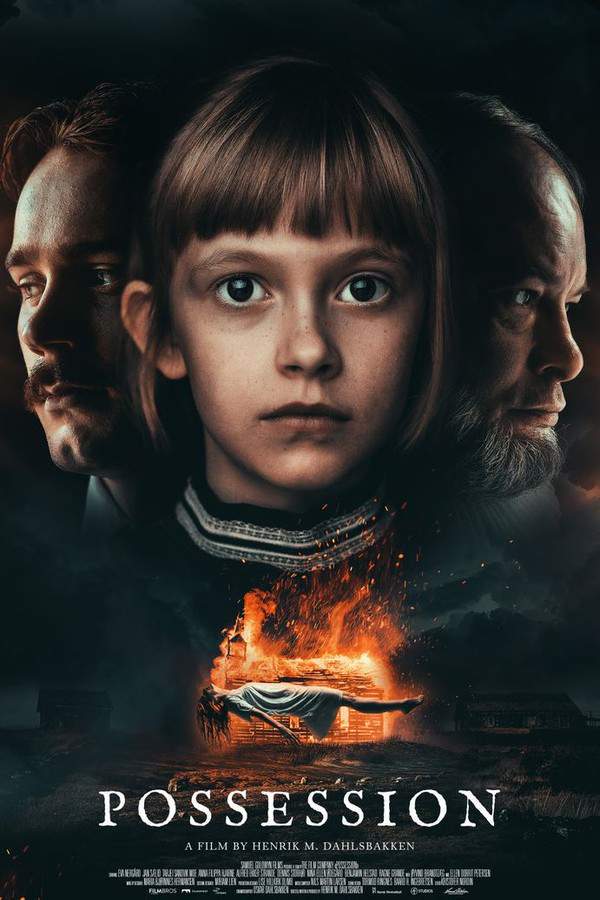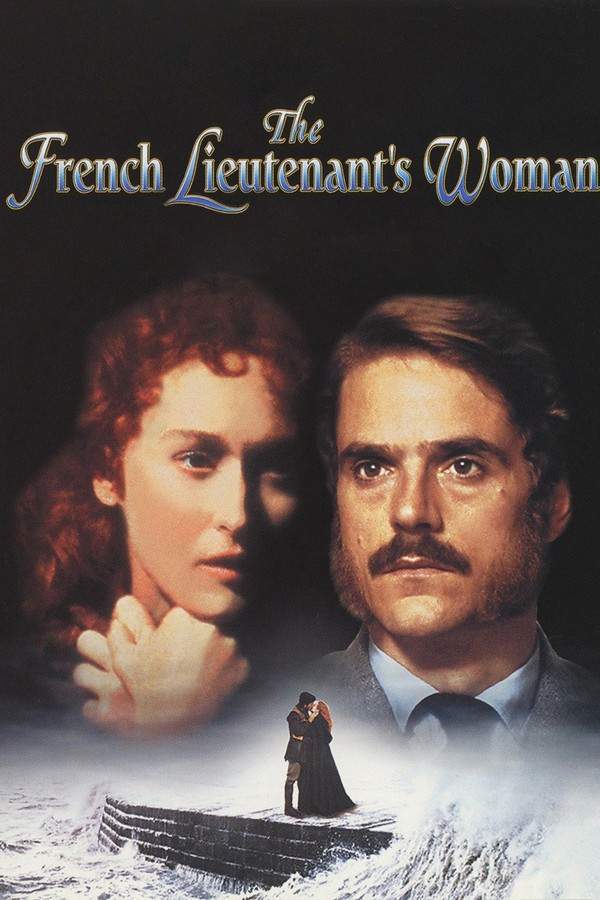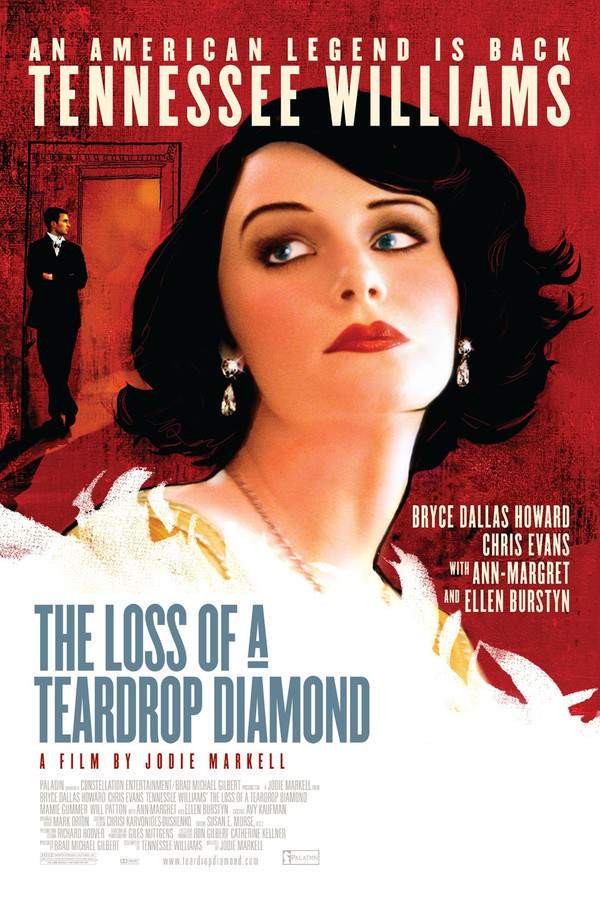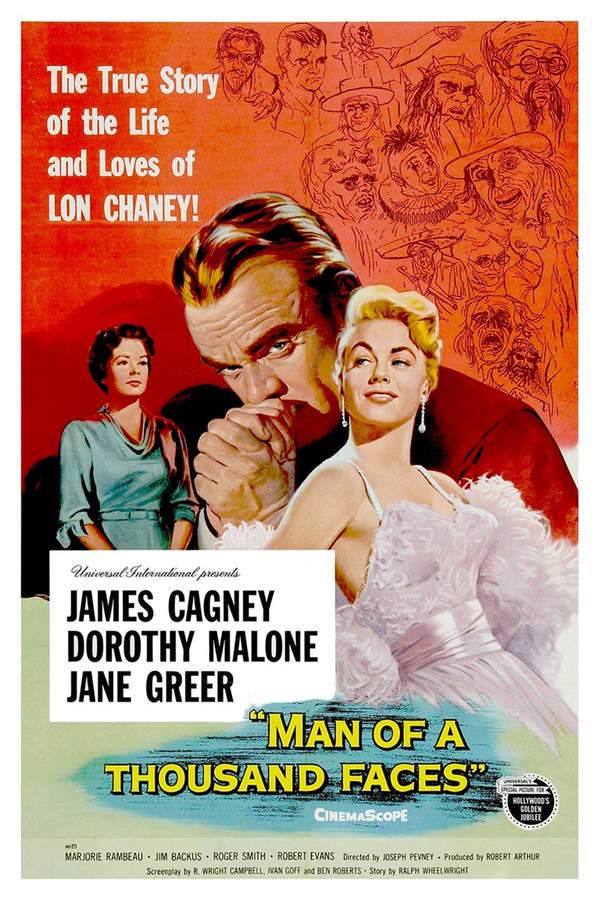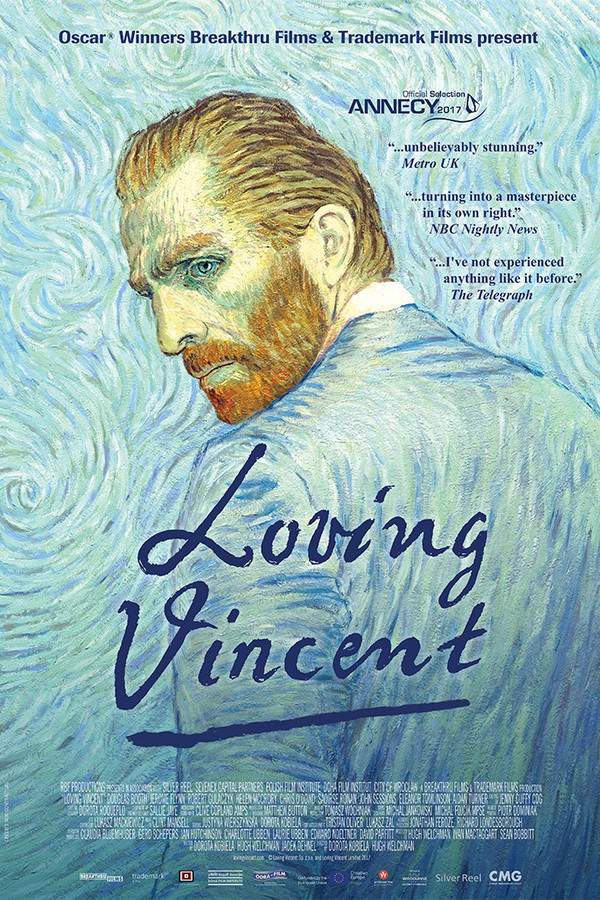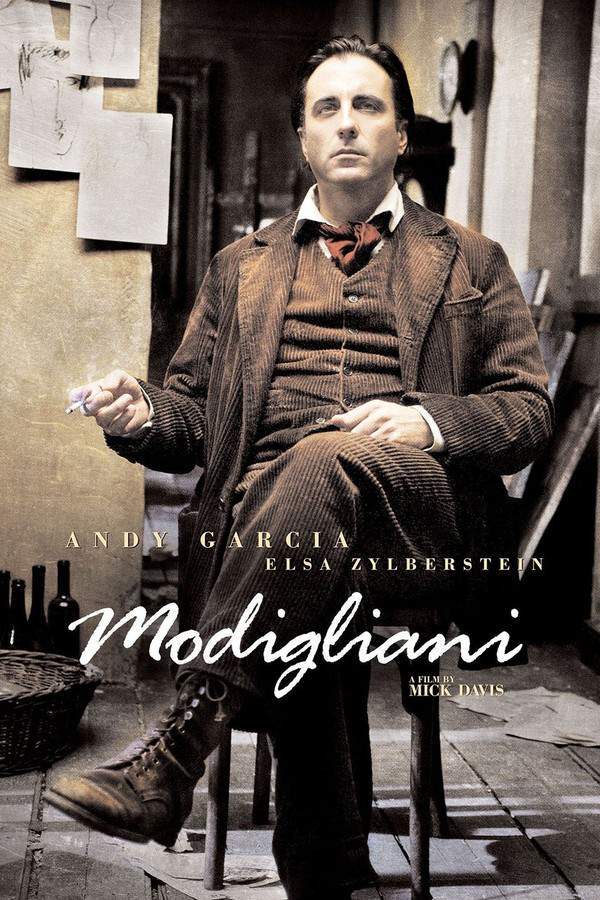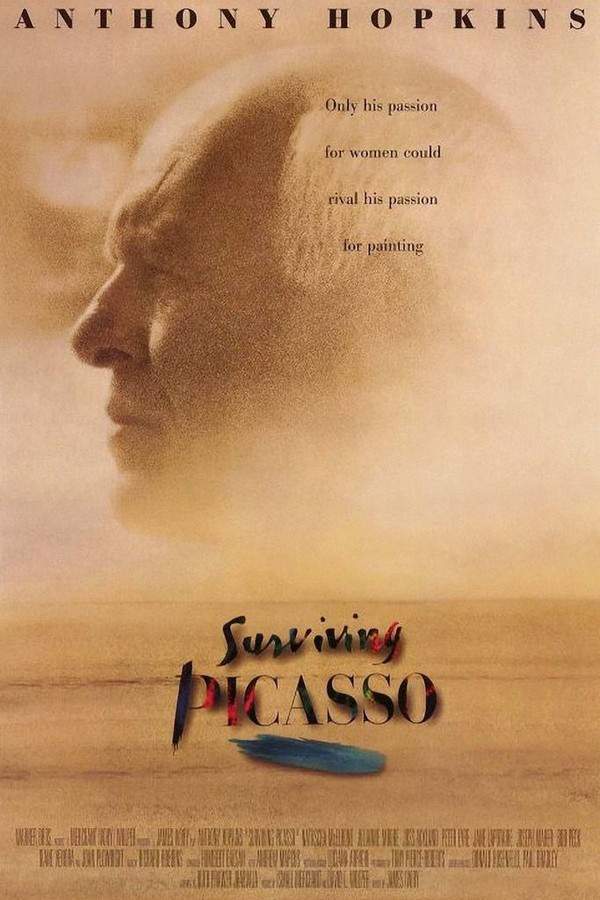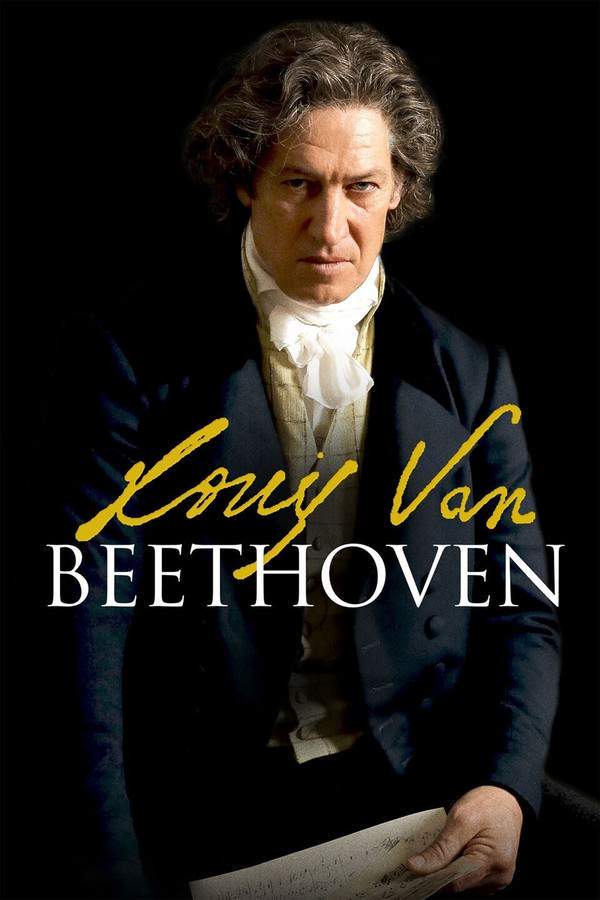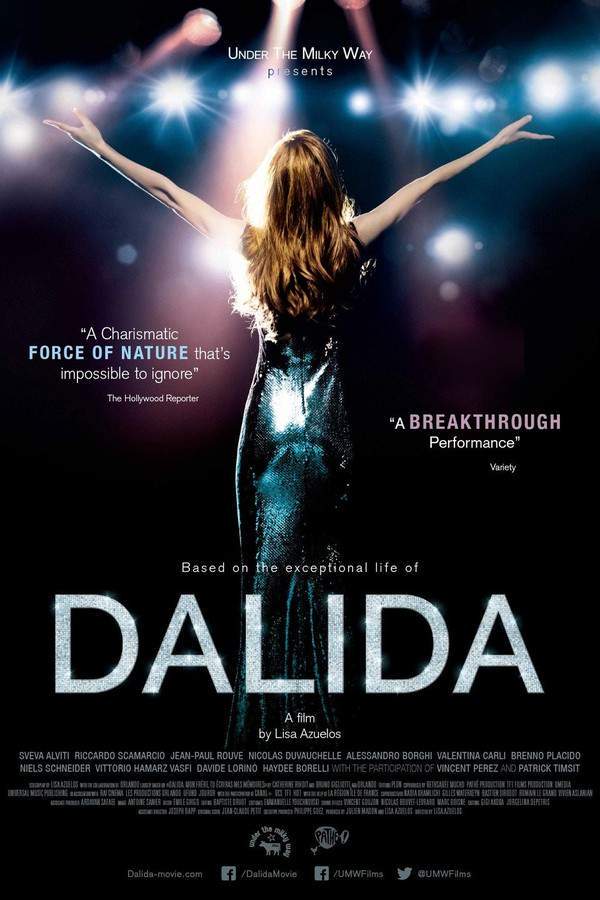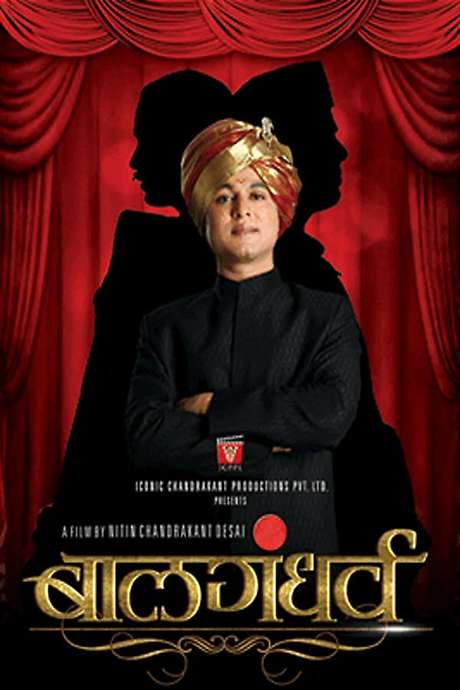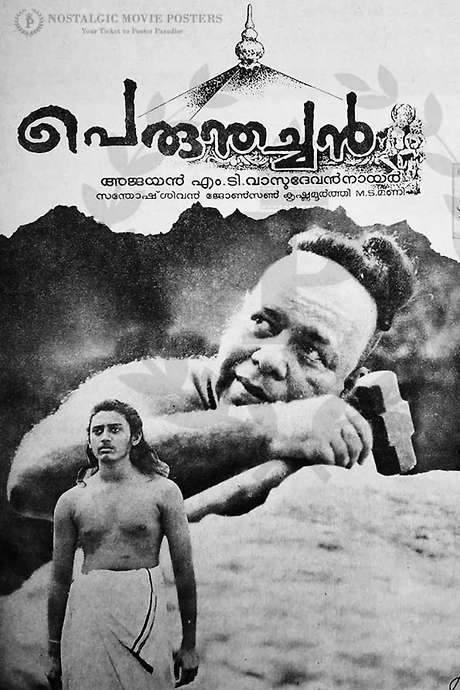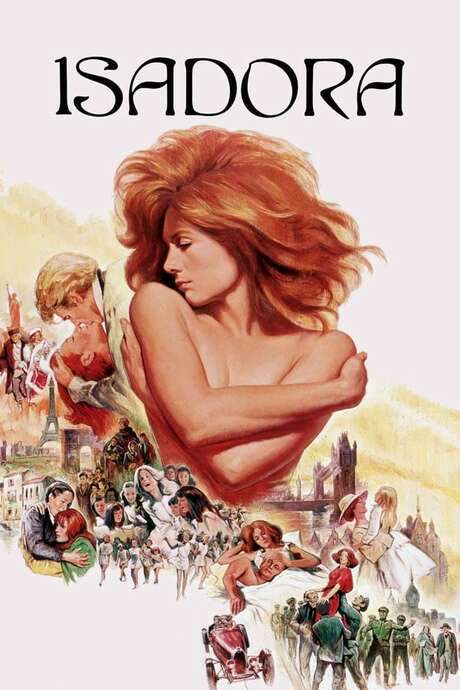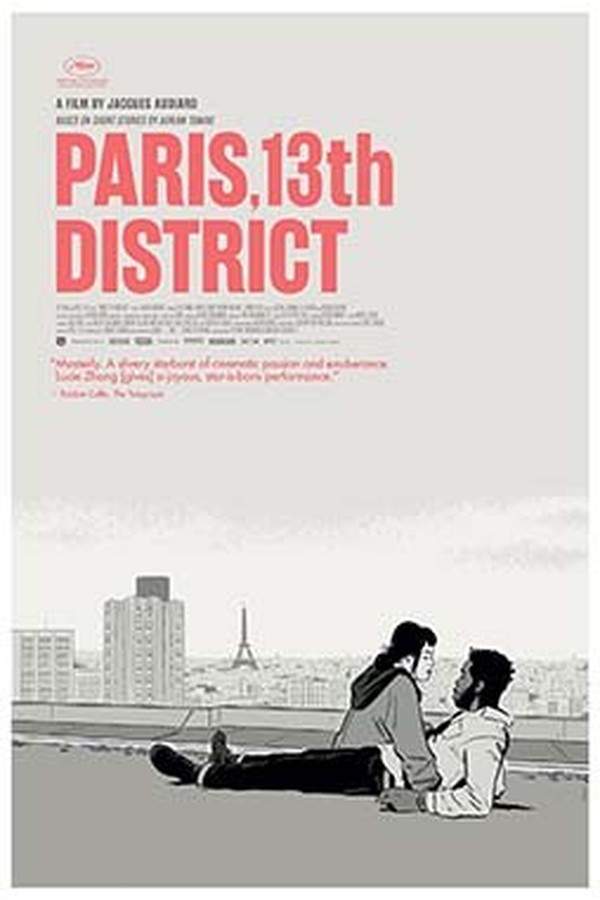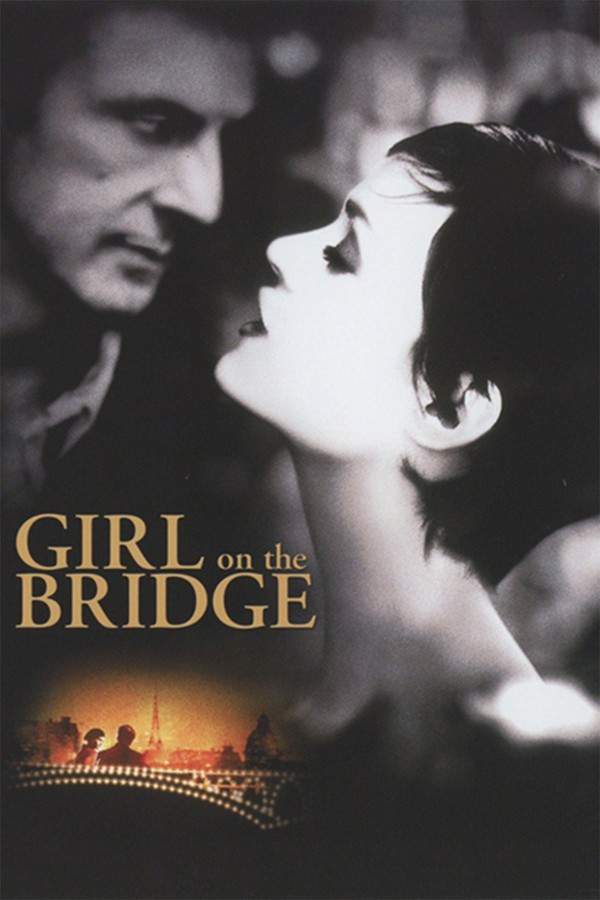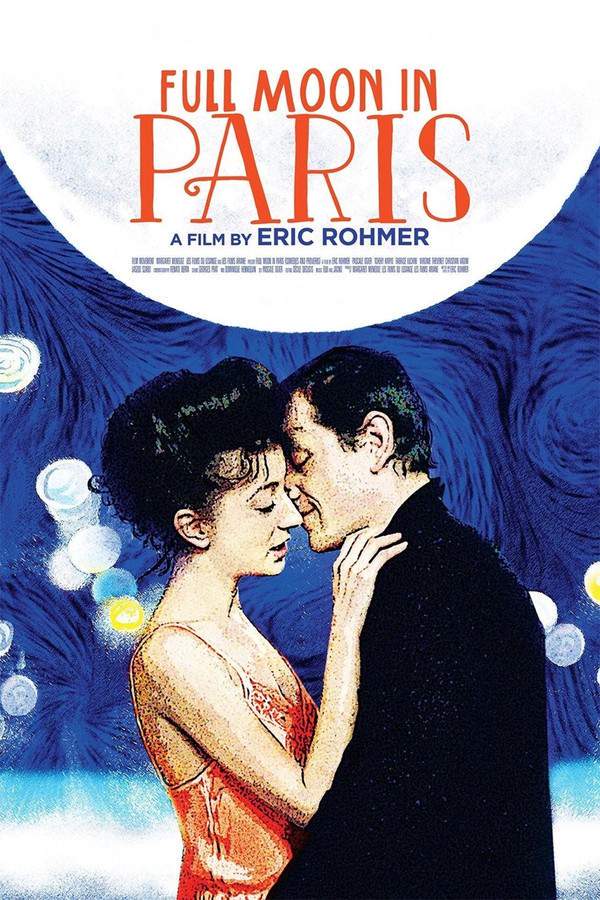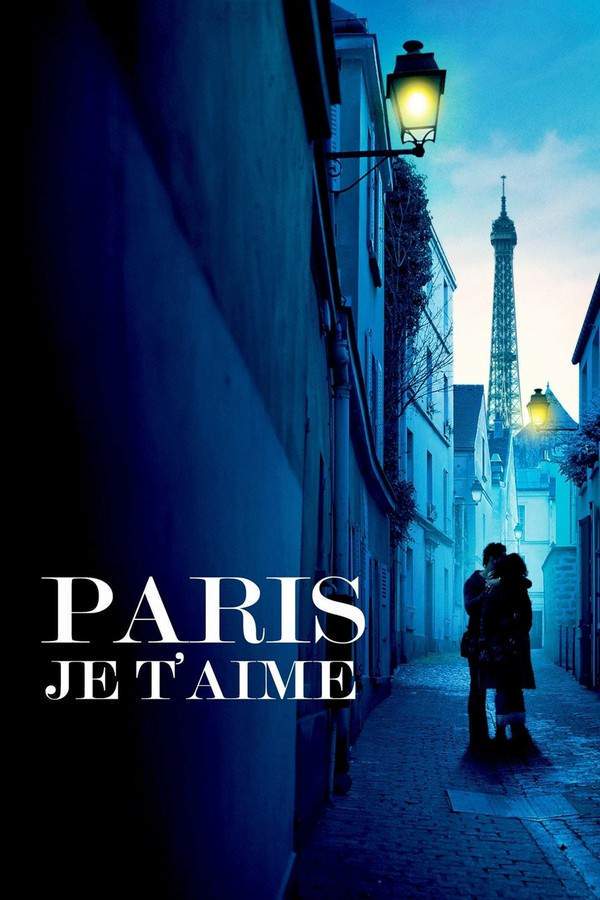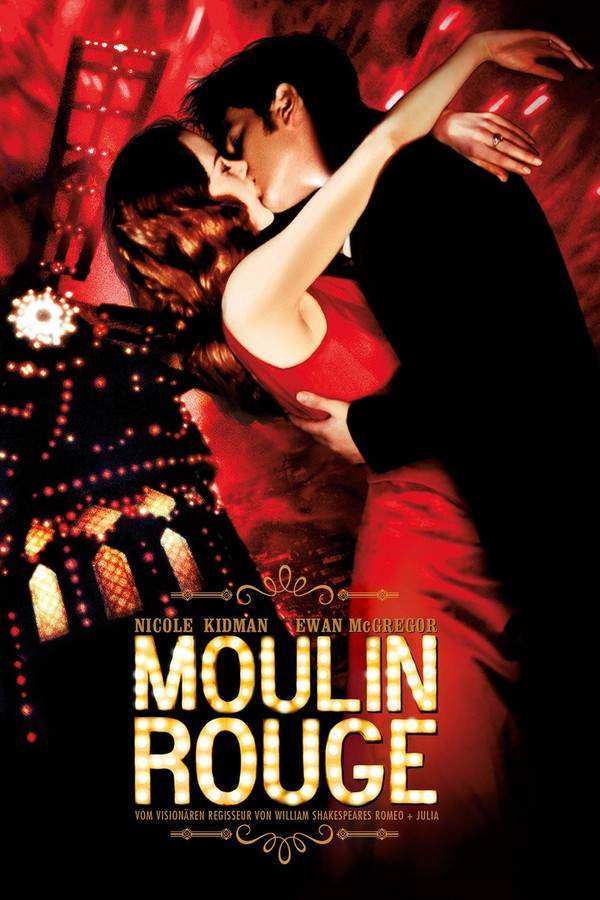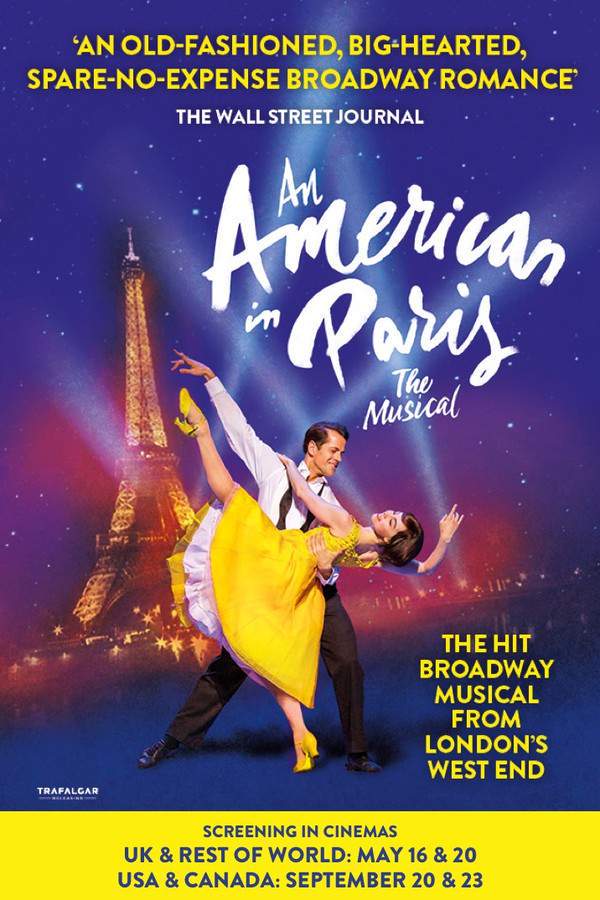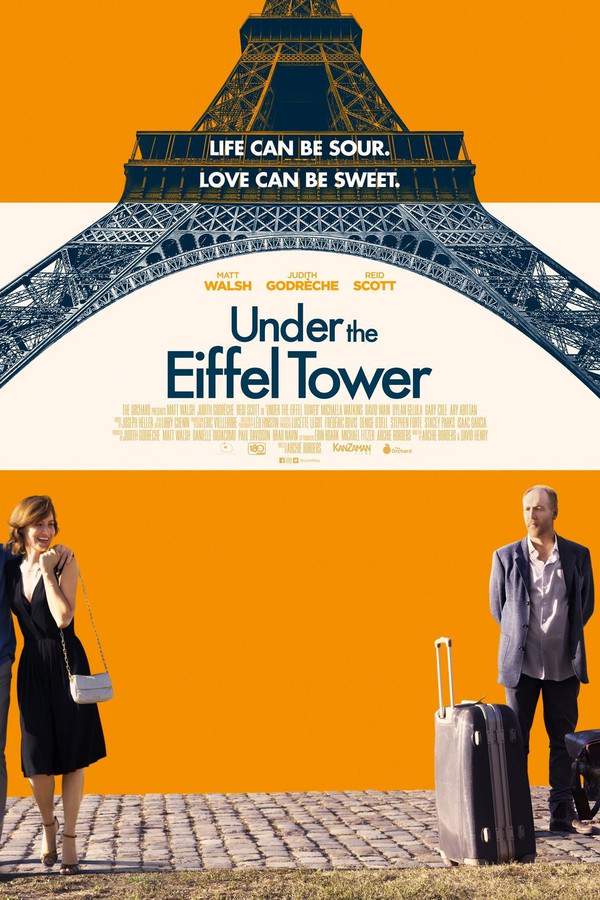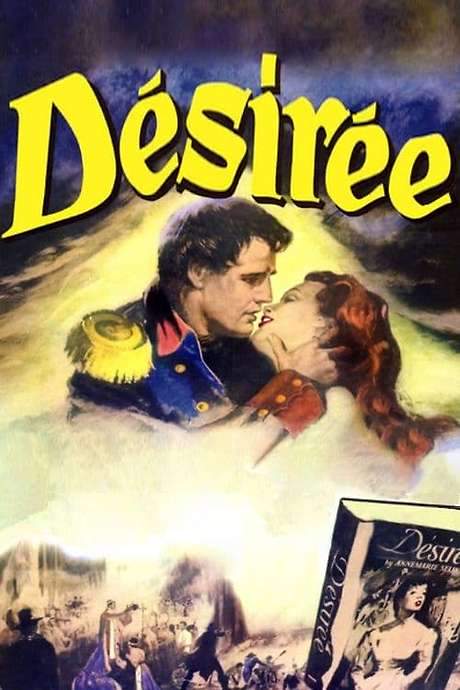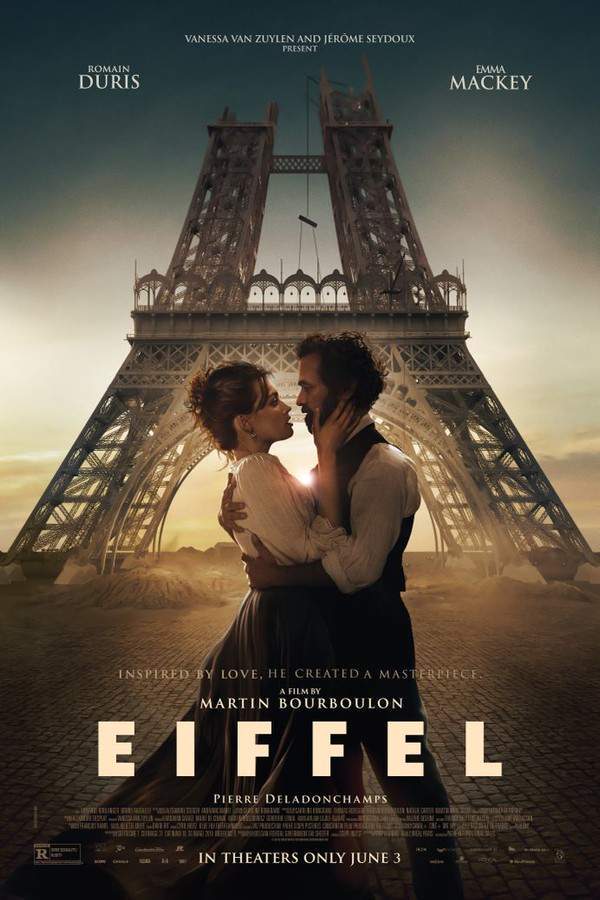
Eiffel
Gustave Eiffel, the renowned engineer, faces a complex situation at the 1889 Paris World Fair as he prepares to unveil his ambitious creation. He finds himself unexpectedly drawn back to a past love, an enigmatic woman who reignites a forbidden passion. Torn between his professional duty and personal desires, Eiffel must navigate these challenges while constructing what will become his defining masterpiece: the iconic Eiffel Tower, a symbol of innovation and progress.
Warning: spoilers below!
Haven’t seen Eiffel yet? This summary contains major spoilers. Bookmark the page, watch the movie, and come back for the full breakdown. If you're ready, scroll on and relive the story!
Eiffel (2022) – Full Plot Summary & Ending Explained
Read the complete plot breakdown of Eiffel (2022), including all key story events, major twists, and the ending explained in detail. Discover what really happened—and what it all means.
March 31, 1889 - Renowned engineer Gustave Eiffel (Romain Duris) finds himself in his office, high atop the recently finished Eiffel Tower, a remarkable structure that stretches a thousand feet (300 meters) into the Parisian sky. This monumental achievement is not the only thing on his mind, as the echoes of past decisions and choices weigh heavily upon him.
Flashback to September 1886 - Eiffel receives a prestigious award for his innovative design of the iron skeleton that supports the Statue of Liberty, leading to his honorary citizenship in the USA. Amidst the accolades, he is not just a father figure to his daughter Claire (Armande Boulanger), who wishes to marry a young worker from Gustave’s team, but he is also a business visionary contemplating his next grand project. Tasked with creating a signature structure for the 1889 World’s Fair, he initially dismisses the ideas from his employees, including Maurice Koechlin (Jérémy Lopez) and Émile Nouguier. While they propose a bold 200-meter (656-foot) steel tower, Eiffel favors the more pedestrian concept of a Metro system for Paris. Seeking to stir up excitement for his endeavors, he reaches out to Antoine De Restac (Pierre Deladonchamps), a journalist and old friend.
During a society gathering, Gustave encounters Adrienne (Emma Mackey), Antoine’s wife, and the chemistry between them is palpable and undeniable. Their meeting propels Eiffel into a bold declaration that he will indeed construct a towering steel structure, much to the astonishment of everyone present. Yet, there is an undercurrent of familiarity and unresolved past between Gustave and Adrienne.
The narrative takes us back to Bordeaux in 1860, where Eiffel, in the midst of constructing an iron bridge over the perilous River Garonne, puts his own safety on the line to rescue a construction worker. In a twist, he is denied the necessary resources for safety, leading him to seek support from M. Bourgès (Bruno Raffaelli), a wealthy local businessman. This is where he first encounters Adrienne, Bourgès’ spirited daughter. Impressed by Gustave’s bravery, she advocates for him, ensuring that he receives the materials he desperately needs.
At a subsequent birthday celebration, there is a palpable tension between them as Eiffel, unused to social interactions, finds himself at odds with his own feelings. After an awkward encounter that culminates in a kiss, he retreats, leaving Adrienne intrigued and determined. The tension escalates when she confronts Gustave, expressing her attraction, which he initially refuses to accept. In a fit of impulsive defiance, she dives into the river, and Gustave, compelled by his emotions, rescues her, sealing their attraction with a passionate liaison that sparks a fervent love affair.
Fast forward to 1886 - Gustave stands before a panel to present his ambitious tower plans. While concerns about the construction site arise, he counters these with a groundbreaking foundational technique he develops. When the judges announce the winner of the competition, the moment is charged with significance as he and Adrienne share an instinctual grip of each other’s hands, solidifying the bond that transcends time.
As construction begins, challenges mount. Gustave is met with hostility from workers threatening to strike out of fear and discontent. Meanwhile, Adrienne finds herself torn as Antoine grows increasingly suspicious of her relationship with Gustave, utilizing his influence to sway public opinion against the tower. Just when tensions mount, Adrienne discovers distressing truths about her own past, revealing that she bore Gustave’s child long ago before her family intervened, ultimately ending in tragedy.
With funds for the tower dwindling, Gustave places everything on the line, financing it from his pocket when the banks hesitate. His determination rekindles the workers’ trust, and together they forge ahead with the monumental endeavor, employing innovative methods to ensure stability and safety within the design.
As the grandeur of the Eiffel Tower materializes, a rendezvous occurs at the newly constructed first level, where an emotional reunion ensues, marked by passionate exchanges. However, the ghosts of their histories resurface when Antoine confronts Adrienne with a dark ultimatum, leveraging their relationship to protect Gustave’s legacy. A heartbreaking decision looms—Adrienne is poised to depart with Antoine in a bid to safeguard Gustave’s efforts.
Enraged and feeling powerless, Gustave drives his team to push through the final stages of construction, vowing to build the tower in such a way that it will withstand the test of time, completing it just in time for the World’s Fair. During the opening ceremony, amidst the crowd, he catches a glimpse of Adrienne—an exchange marked with silent understanding, showcasing the sacrifices made for the dedication to his artistic vision.
In a poignant closing, Gustave can be seen documenting his thoughts in his office atop the symbol of their love. Sketching affectionately beside the tower’s diagram, he reveals the letter “A,” a tribute to Adrienne, solidifying the structure as a lasting emblem of their passion. As he steps out, the sprawling city of Paris unfolds beneath him, a tapestry of his dreams and devotion to the one he has loved so fiercely.
Last Updated: May 12, 2025 at 07:03
Ending Explained – What Happens at the End of Eiffel?
Still wondering what the ending of Eiffel (2022) really means? Here’s a spoiler-heavy breakdown of the final scene, major twists, and the deeper themes that shape the film’s conclusion.
At the end of “Eiffel,” Gustave Eiffel’s love story reaches a bittersweet resolution. Despite his deep feelings for Adrienne, circumstances and the social constraints of their time prevent them from being together. When Adrienne confesses her ongoing love for Gustave and asks for a separation from her husband, Antoine refuses to let her leave, threatening to ruin Gustave’s reputation and prevent her from escaping her life with her family. This emotional conflict culminates in Gustave deciding to pour his passion into constructing his monumental tower. Recognizing that he cannot have Adrienne by his side, he orders that the tower’s bolts be replaced with rivets, symbolically making it permanent and unbreakable. When the project is finished and the crowd gathers for the inauguration, Gustave sees Adrienne among the spectators but she leaves without reaching out. In a final act of unspoken love, Gustave writes her name in his notebook, alongside a drawing of the Eiffel Tower, transforming his feelings into the tower itself. The tower becomes a lasting symbol of his love, passion, and perhaps his anger and frustration over their impossible love story. Although history does not record any romantic relationship like theirs, the film uses this fictional romance to emphasize the idea that even great achievements can be driven by personal longing. Ultimately, Gustave’s love for Adrienne is immortalized through the Eiffel Tower, a testament to the enduring power of passion that defies social boundaries.
Last Updated: June 25, 2025 at 08:44
Explore Movie Threads
Discover curated groups of movies connected by mood, themes, and story style. Browse collections built around emotion, atmosphere, and narrative focus to easily find films that match what you feel like watching right now.
Bittersweet historical romance movies like Eiffel
Epic love stories set against the backdrop of history, ending with a poignant mix of loss and legacy.If you enjoyed the blend of grand historical setting and intense, forbidden romance in Eiffel, you'll find similar stories here. These movies pair epic love affairs with historical events or artistic creations, often culminating in a bittersweet resolution where personal sacrifice and lasting legacy are intertwined.
Narrative Summary
Stories in this thread often follow characters torn between a consuming, often forbidden, love and their responsibilities or ambitions in a vividly realized historical period. The narrative typically builds a deep emotional connection that is tested by external forces, culminating in an ending that affirms the love's significance but accepts its ultimate sacrifice, leaving a lasting mark on history or art.
Why These Movies?
Movies are grouped here for their shared core of a passionate romance set within a specific historical context, their melancholic and reflective tone, and their emotionally resonant bittersweet conclusions that balance personal loss with a sense of enduring impact.
Movies about artistic creation and sacrifice like Eiffel
Stories of brilliant creators whose greatest works are born from profound personal turmoil.For viewers who were captivated by how Eiffel connected the building of an icon with a hidden love story, this section highlights similar films. Discover stories where a creator's masterpiece is directly tied to a poignant personal journey of love, loss, or sacrifice.
Narrative Summary
These narratives often employ a reflective structure, moving between the present-day struggle to complete a great work and flashbacks that reveal the emotional core—a lost love, a family secret, or a personal tragedy—that inspires it. The completion of the work provides a public triumph but also serves as a permanent, bittersweet reminder of the private pain endured for its creation.
Why These Movies?
These films are united by their focus on the creative process as an expression of inner turmoil, a steady pacing that balances professional ambition with personal drama, and a melancholic tone that acknowledges the price of genius.
Unlock the Full Story of Eiffel
Don't stop at just watching — explore Eiffel in full detail. From the complete plot summary and scene-by-scene timeline to character breakdowns, thematic analysis, and a deep dive into the ending — every page helps you truly understand what Eiffel is all about. Plus, discover what's next after the movie.
Eiffel Timeline
Track the full timeline of Eiffel with every major event arranged chronologically. Perfect for decoding non-linear storytelling, flashbacks, or parallel narratives with a clear scene-by-scene breakdown.

Characters, Settings & Themes in Eiffel
Discover the characters, locations, and core themes that shape Eiffel. Get insights into symbolic elements, setting significance, and deeper narrative meaning — ideal for thematic analysis and movie breakdowns.

Eiffel Ending Explained
What really happened at the end of Eiffel? This detailed ending explained page breaks down final scenes, hidden clues, and alternate interpretations with expert analysis and viewer theories.

Eiffel Spoiler-Free Summary
Get a quick, spoiler-free overview of Eiffel that covers the main plot points and key details without revealing any major twists or spoilers. Perfect for those who want to know what to expect before diving in.

More About Eiffel
Visit What's After the Movie to explore more about Eiffel: box office results, cast and crew info, production details, post-credit scenes, and external links — all in one place for movie fans and researchers.

Similar Movies to Eiffel
Discover movies like Eiffel that share similar genres, themes, and storytelling elements. Whether you’re drawn to the atmosphere, character arcs, or plot structure, these curated recommendations will help you explore more films you’ll love.
Explore More About Movie Eiffel
Eiffel (2022) Scene-by-Scene Movie Timeline
Eiffel (2022) Movie Characters, Themes & Settings
Eiffel (2022) Ending Explained & Theories
Eiffel (2022) Spoiler-Free Summary & Key Flow
Movies Like Eiffel – Similar Titles You’ll Enjoy
Paris, 13th District (2022) Movie Recap & Themes
Girl on the Bridge (2000) Detailed Story Recap
Full Moon in Paris (1984) Ending Explained & Film Insights
Paris (2009) Full Summary & Key Details
Paris, je t'aime (2007) Ending Explained & Film Insights
Moulin Rouge! (2001) Film Overview & Timeline
An American in Paris (1951) Spoiler-Packed Plot Recap
Under the Eiffel Tower (2019) Movie Recap & Themes
Eiffel… I’m in Love 2 (2018) Detailed Story Recap
Camille Claudel (1988) Detailed Story Recap
A French Woman (1995) Full Summary & Key Details
Désirée (1954) Complete Plot Breakdown
A Woman of Paris: A Drama of Fate (1923) Detailed Story Recap
Rendezvous in Paris (1995) Story Summary & Characters
The Man on the Eiffel Tower (1949) Movie Recap & Themes

